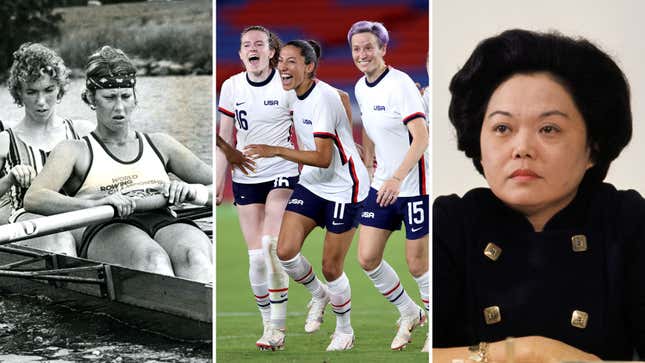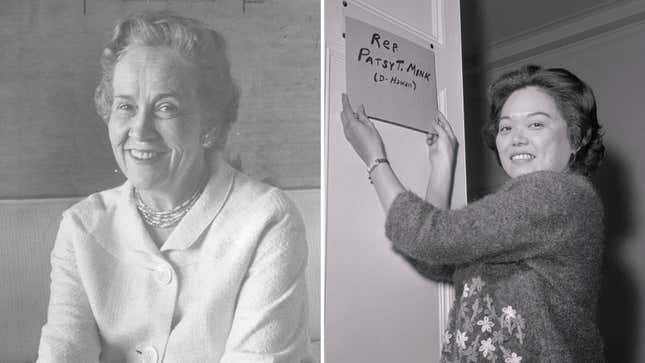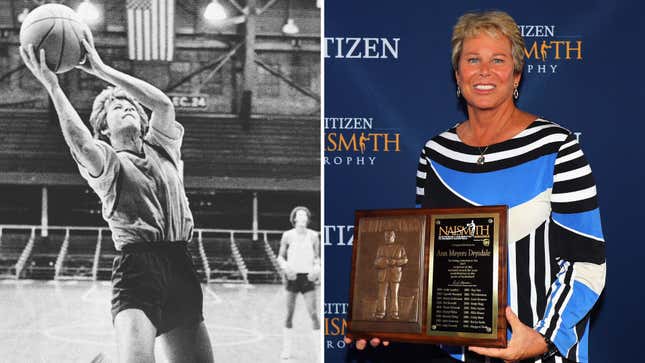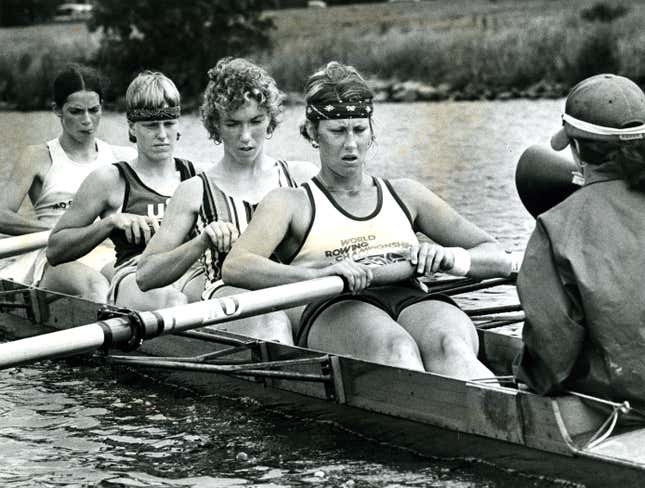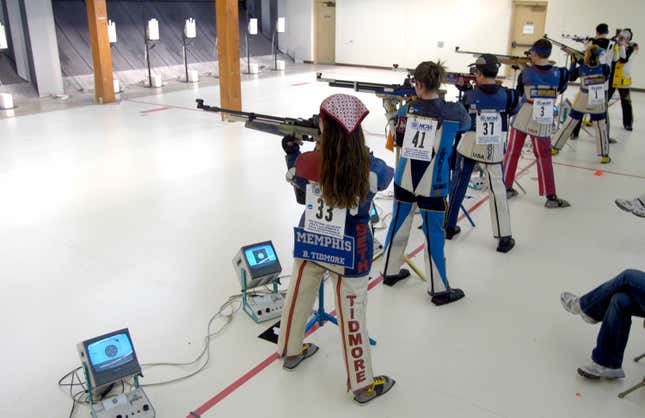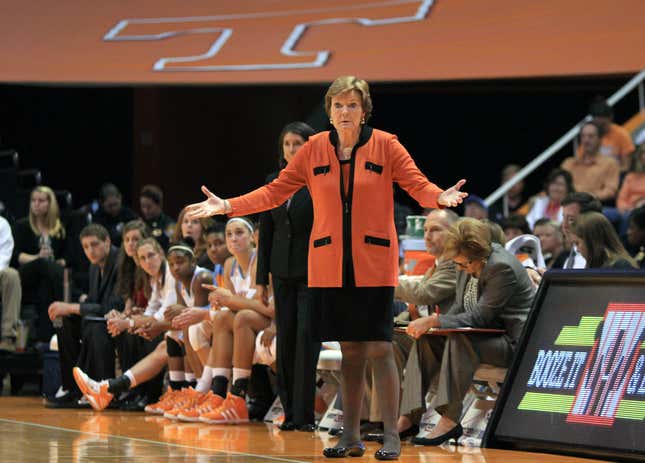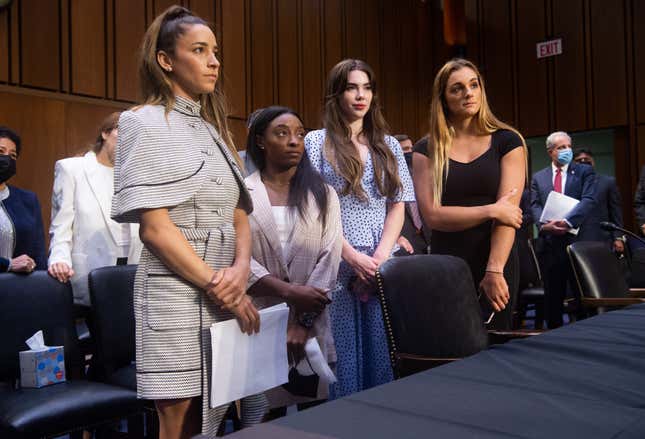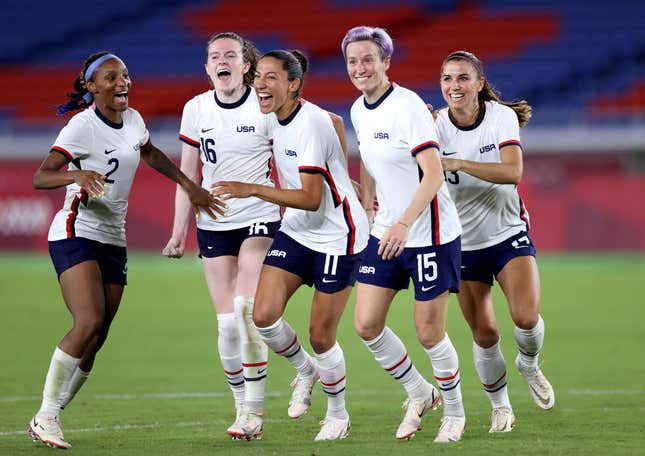Happy 50th, Title IX: All the Milestones and Mayhem of the Gender Equality Law
The federal law that prohibits gender inequality in schools and sports turns half a century old today. Let us celebrate her greatest hits!
In DepthIn Depth-

-

-

-

-

-

-

-

-

-

-

-

-

-

-

-

-

-

-

-

-

-

-

-

-

-

-

-

-

-

-

-

-

-

-

-

-

-

-

-

